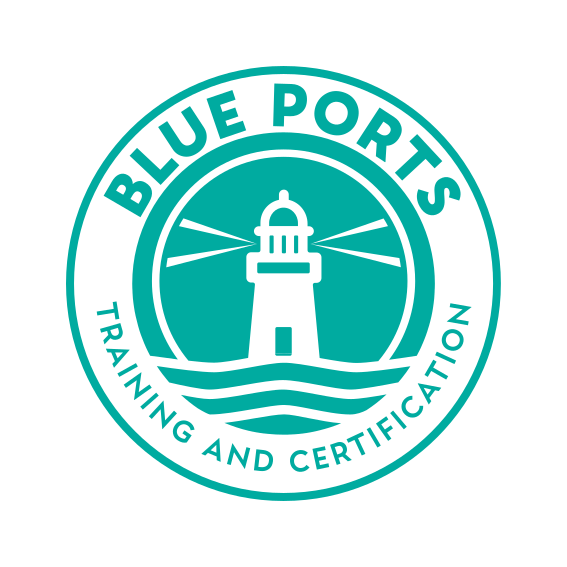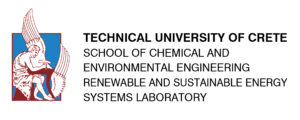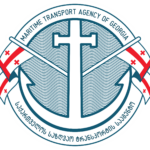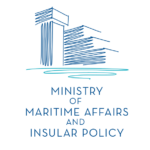About BLUE PORTS
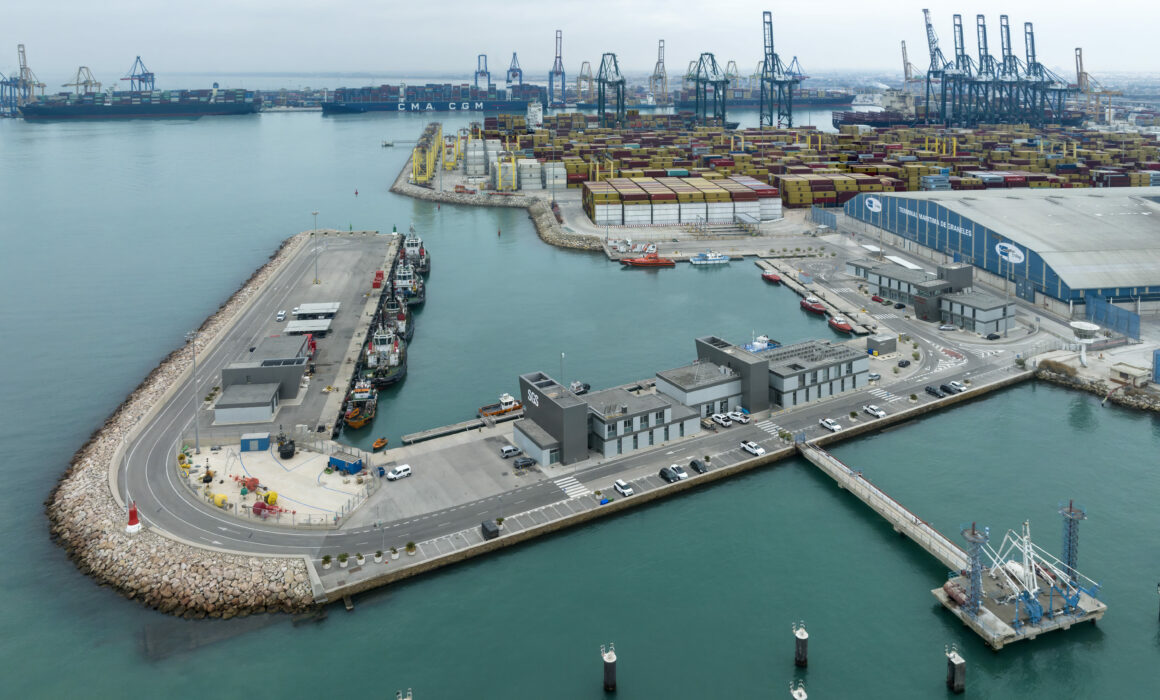
The challenge
Ports play a major role in the supply chain management, the national and supranational economy through transportation and services, while upholding safety and security. Europe accommodates more than 1,200 ports supporting 2.5 million jobs. Maritime transport accounts for 3-4% of the EU’s total CO2 emissions, with 6-7% generated at berth, compounded by a detected lack of necessary knowledge, skills, and competencies to drive the ports’ green transition.
BLUE PORTS addresses the challenges faced by European ports to reduce their environmental impact while remaining competitive, by offering upskilling and reskilling opportunities to ports’ human capital.
Our mission
BLUE PORTS enhances skills and capacity of human capital within the port ecosystem, focusing on small and medium ports, to foster their green transition. By delivering a mutually acknowledged training and certification scheme at the European level, it offers a competitive advantage to the blue economy’s workforce.

The BLUE PORTS network
The consortium engages key market actors across the quadruple innovation helix and from four different countries: Greece, Spain, Italy and Georgia, in a robust network comprising the marine and maritime educational institutions, the Blue Economy industry, civil society-environmental organizations, and governance at local, regional, national, and transnational levels.
Results
A new operational Certification Scheme in accordance to ISO/IEC 17024, mutually acknowledged across the EU, offering reskilling and upskilling opportunities to accelerate career advancement, job mobility, and talent retention.
A tailored training methodology and fully digitalized material, covering green technology solutions and the integration of eco-friendly products and services to minimize the environmental footprint of port activities.
A pool of 200+ certified staff, including ports’ and port operators’ personnel and management.
Courses and career-oriented events motivating 300+ young talents, promoting employability and adaptability.
A BLUE PORTS network, comprising stakeholders from all parts of the value chain (employers, employees, academia, end users, social partners, competent authorities)
A roadmap for the BLUE PORTS scheme’s uptake across Europe, the Mediterranean and Black Sea.
Community Engagement
Development stages
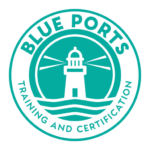 Developing the Certification Scheme
Developing the Certification Scheme
Defining the scope of the certification scheme, assessment criteria, procedures and documentation.
Transferring BLUE PORTS Scheme
Accelerating main streaming and market uptake of the BLUE PORTS training and certification scheme across EU. Multiplying positive impact.
The BLUE PORTS National Technical Committees

The BLUE PORTS National Technical Committees represent a structured collaboration framework for genuine consultation with the port ecosystem stakeholders, aiming to build trust, confidence and ownership of the BLUE PORTS Certification Scheme.They bring together representatives from the entire value chain, including employers, employees, certification/training providers, end users, competent authorities and social partners
Their critical role in the definition of the BLUE PORTS Scheme consists of:
- Transferring industry knowledge & experience, aiding in the identification of the sector’s strategic priorities, skills gaps and needs.
- Contributing to the formulation of an appropriate qualification framework.
- Facilitating the pilot trainings and the widespread adoption of the BLUE PORTS scheme.
